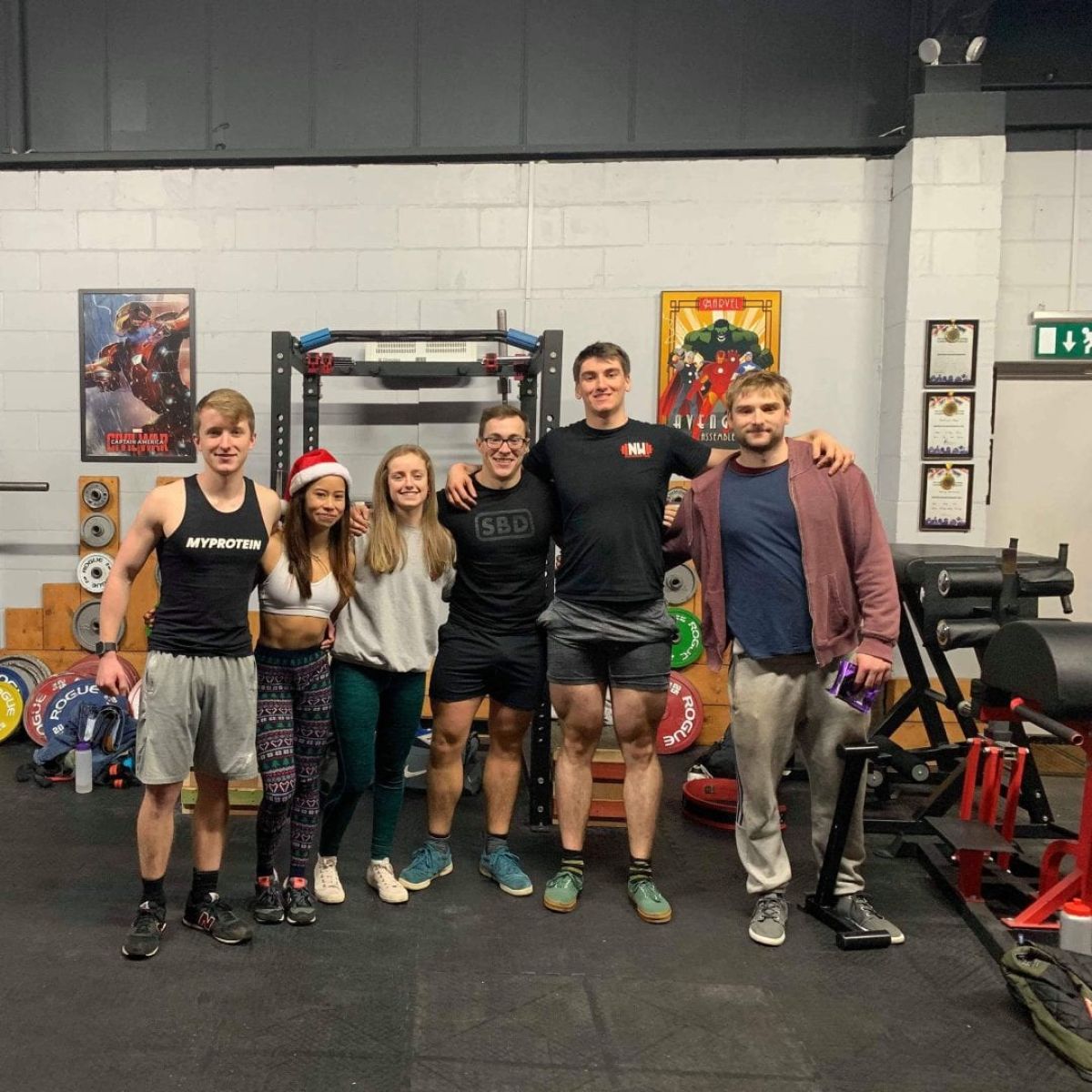
Strength sports aren’t quite as established at the University of Manchester as those involving balls, mouth guards, and batting devices — nor are its needs as accounted for by the University — but the new Powerlifting Society hopes to change that.
Founded by a group of passionate powerlifters at the beginning of this academic year, the society aims to one day form a team of male and female lifters to compete in University Championships, something the University of Manchester has never attempted.
They started off with a more local focus on community, hosting taster sessions for people of all abilities, and socials to introduce more students to the sport. They’ve nurtured an impressively warm, supportive, and wide community already, especially for an individual sport.
Eduard Krkoska, who recently won his first bronze medal in a regional competition in November, said: “We try to be extremely supportive of everyone. We’ll often train together with the most experienced members and the least experienced members, training harmoniously and always pushing each other to be the best powerlifters we can each be.
“I feel like you won’t get that with most sports, where they’ll divide people according to ability.”
Powerlifting is a strength sport that consists of three maximal attempts on three lifts: a squat, bench press, and deadlift. Megan Cotcher, a senior member of the society, only started lifting competitively a year ago, but now holds seven North West women’s records in the Under 52kg weight category.
Megan said: “Even though powerlifting’s an individual sport it’s so friendly, people you’ve never met will cheer for you in the crowd on comp day and you’re probably even good friends with your competitors.
“I never get bored. Even though we train the same three movements over and over you’re always improving and you can see your training is working when you can add more weight to the bar or your technique improves.”
One particular obstacle for the society’s dream to take teams to the university championships has been a lack of serious female interest in competitive lifting. Megan thinks this difficulty is partly due to stereotypes about the sport.
“As far as female involvement goes, there are noticeably fewer females in the sport if you look on a database like Openpowerlifting.
“It would be nice to see more females giving it a serious go at the University of Manchester but I do think people have a lot of stereotypes about the sport.
“I for one thought it was a sport for big guys but once you actually get into it and see how diverse the weight classes are it’s actually a really fair sport to compete in and you’re not disadvantaged at all being female.”
The lightest male weight category is Under 53kg. New Powerlifting Society member Wei Wen Tan competed for the first time in this category at a North West regional competition in Liverpool earlier this month, and proceeded to take three regional records for his weight class: on squat, bench, and his total score.
Eduard, who travelled to Liverpool to handle him and volunteer at the competition, said he was “super chuffed” for Wei Wen and hoped to see more members competing soon.
Eduard recommended that aspiring powerlifters should reach out to the society, because: “training for powerlifting by yourself can be not only quite lonely and a lot less fun and exciting, but it can also be a lot less productive.
“By having a society where we can set a good standard, or keep pushing each other to do more, it’s a lot quicker for newcomers to reach the standard our high-level lifters are at.
“On top of that, they can get continual support around programming, technique, and competitions from other members of the society.”
The society’s got more training sessions, socials, and even a “little mock competition” in their semester 2 calendar. They hope to see lots of new and returning faces ready to push themselves under the barbell.
Unlike other universities in the UK, the University of Manchester doesn’t have its own strength sports gym. Eduard told us with a sigh: “We are currently in the works trying to get something sorted out, but unfortunately this probably won’t come as soon as we would like.”







